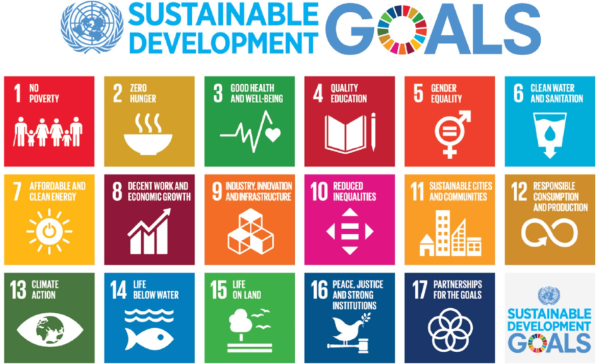UN sounds alarm on $4trn annual funding gap threatening SDGs

Seville conference seen as last lifeline to realign global financial systems for sustainable development
In what could be described as a clarion call for the future of global development, top United Nations officials have warned that the world is hurtling toward failure in meeting the 2030 Sustainable Development Goals (SDGs) — unless a staggering $4 trillion annual financing gap is urgently addressed.
Speaking at the annual ECOSOC Forum on Financing for Development in New York, UN Secretary-General António Guterres, General Assembly President Philémon Yang, and ECOSOC President Bob Rae painted a grim picture of global development backsliding under the weight of mounting debt, weakening multilateralism, and retreating development aid.
“With just five years to go, the SDGs are dramatically off track,” Guterres stated, urging countries to “shift into overdrive” before the clock runs out.
The Numbers Tell a Dire Story
According to UN data, over 50 developing countries now spend more than 10% of their revenue on debt servicing. In 17 countries, debt servicing accounts for over 20% of government revenue — choking public investments in health, education, and infrastructure.
More worryingly, over 3 billion people now live in countries where their governments spend more on debt interest than on basic human development.
Trade Tensions, Fiscal Contraction Undermining Global Goals
Guterres singled out rising trade protectionism, including new tariffs imposed by the U.S. and other major economies, as a “clear and present danger” to the global economy — especially for emerging markets. “In a trade war, everyone loses,” he warned, adding that developing nations are already bearing the brunt of slower growth projections recently issued by the IMF, WTO, and the UN itself.
Bob Rae, President of ECOSOC, was blunt:
“We need a more affordable debt architecture — it’s that simple.”
His call reflects a growing global consensus: Without bold reform of the international financial system, developing economies will remain stuck in a vicious cycle of debt, dependency, and underdevelopment.
Private Capital, Domestic Reform, and Multilateral Banks in the Spotlight
With official development assistance (ODA) declining and interest rates still high, UN officials emphasized the need to unlock new sources of finance through innovative instruments and public-private partnerships.
Guterres highlighted three strategic imperatives ahead of the upcoming Fourth International Conference on Financing for Development (June 30 – July 3, Seville, Spain):
- Tackling unsustainable sovereign debt
- Reforming multilateral development banks (MDBs) to scale up concessional lending
- Mobilising domestic resources and curbing illicit financial flows
These measures, the UN believes, can bridge the annual $4 trillion SDG financing gap and breathe new life into global cooperation at a time of profound geopolitical uncertainty.
Why It Matters for Nigeria, Africa and the Global South
For Nigeria and much of sub-Saharan Africa, the stakes could not be higher. Many of these economies are among the most affected by:
- The post-pandemic debt overhang
- High borrowing costs due to global monetary tightening
- Sluggish foreign direct investment (FDI) inflows
As ECOSOC President Rae pointed out, unless the international financial architecture is urgently overhauled, countries in the Global South will continue to fall behind — unable to fund climate resilience, inclusive growth, or basic infrastructure.
BRANDECONOMY Analysis: The Seville Moment
The upcoming Seville conference is not just another multilateral meeting — it could be the last major opportunity to salvage the SDGs and restore trust in a global system that increasingly favours the wealthy and powerful.
Failure to act now, economists warn, could hardwire inequality, deepen global fragmentation, and set off a cascade of socio-economic crises — from hunger and disease to conflict and mass migration.
As Guterres aptly put it, “We cannot let our financing for development ambitions get swept away in the tide of inaction.”
Bottom Line: The $4 trillion financing gap isn’t just a number — it’s a warning. And Seville 2025 may well be the world’s last shot at course correction.











